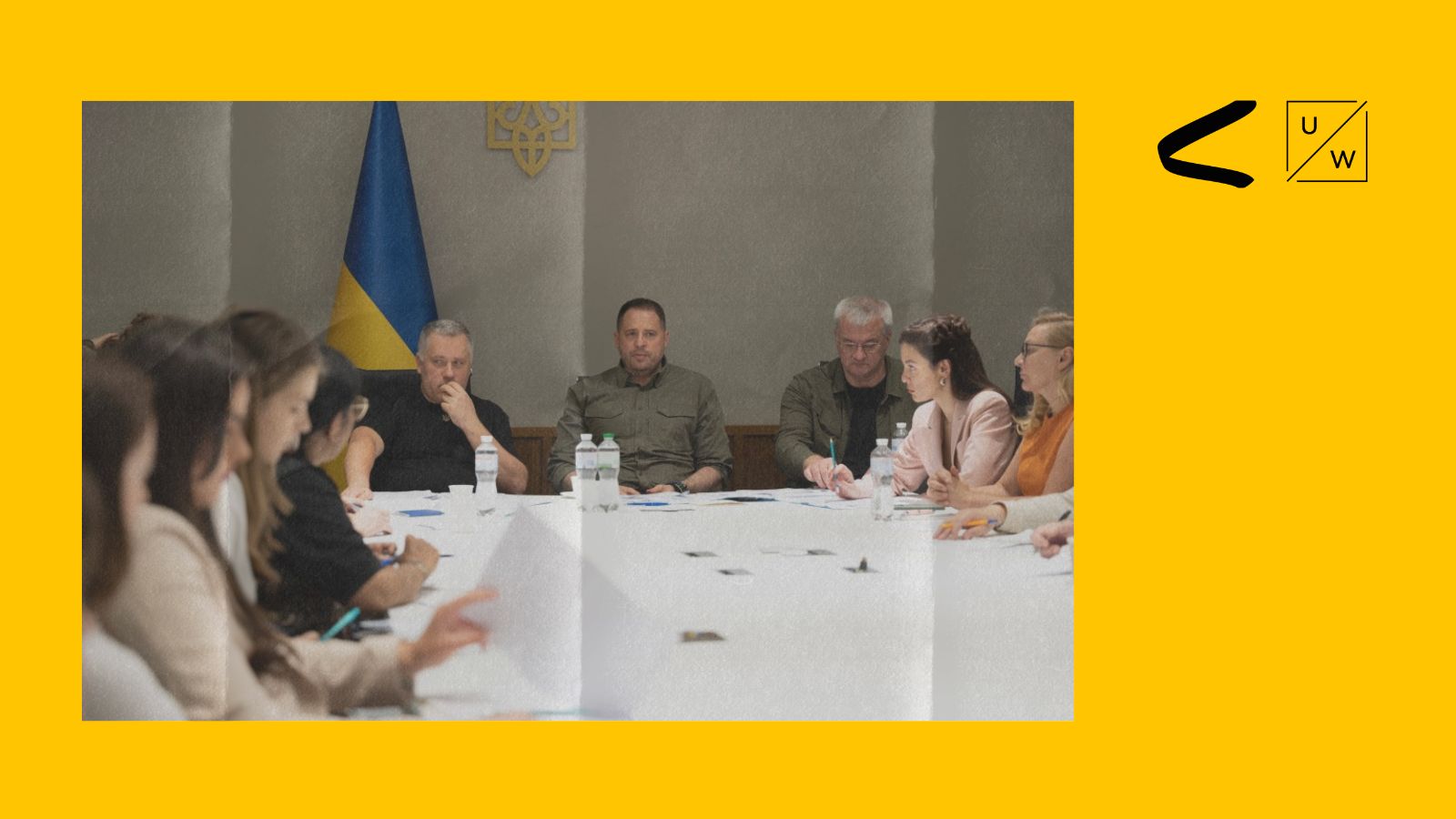
Key points – in our brief, #UkraineWorldAnalysis:
As outlined in strategic partnership documents with Russia, China's position on the Russian-Ukrainian war remains unchanged.
This is important because China refers to the situation as the "Ukraine crisis," which minimizes the attribution of war crimes and accountability.
In accordance with China's principle of indivisible security, both China and Russia oppose Ukraine's NATO membership. China still sees NATO and the United States as the culprits of the "Ukrainian crisis". Furthermore, China remains in favor of peace talks, against imposing sanctions on Russia, and against providing weapons to Ukraine.
For the US, China represents a threat to the rules-based international order. Almost all EU members are NATO members. According to last year's NATO Strategic Concept, China is a national security challenge. The EU also sees China as a challenge and outlines the red lines of a derisking policy, which includes:
During the peace plan discussion in Saudi Arabia, a distribution approach was adopted, allowing countries to accept individual points if they couldn't agree on all aspects simultaneously.
Ukraine had requested China's assistance in nuclear security, maintaining a grain corridor, and repatriating deported Ukrainian children, but progress on these fronts has been slow. While China has expressed concern about nuclear safety and the movement of nuclear weapons across borders, no concrete action has been taken, particularly in relation to the deployment of Russian tactical nuclear weapons in Belarus and the occupation of the Zaporizhzhia Nuclear Power Plant.
China is seeking recognition for its involvement. The Chinese Special Envoy, *Li Hui, was appointed approximately six months ago and has already participated in negotiations with several countries, including Ukraine, France, Poland, Germany, and Russia, without any tangible results thus far.
Therefore, this suggests that his participation in these talks may be a low-resource diplomatic move, rather than indicating a significant change in China's position.
Moreover, his presence in closed-door discussions in Jeddah allowed him to be privy to valuable firsthand information, to understand Ukraine's perspective on the situation and gauge whether there are intentions in the West to reduce aid or [for Ukraine to make] concessions.
Last but not least, China's participation in the meeting represents a low-cost attempt to influence the European security architecture.
Since 1989, China has been subjected to a military technology embargo by both the EU and the US. To acquire these technologies, China turned to Russia, securing items such as fighter jets, S-400 missile defense systems, and long-range radar detection systems. Then, Russia became an important supplier of the energy resources to China.
We are now witnessing a new development, as Russia has emerged as an important counter-Western partner for China. And we are now witnessing a military-political partnership model between these two countries, although not a formal alliance due to its lack of a collective security principle. It has, however, taken the form of a "front and rear" model.
Russia serves as the front, engaged in waging war against Ukraine, while China provides significant financial, technological, and logistical support from the rear.
According to some estimates, China is projected to be prepared to engage in a potential war around the Taiwan Strait within the next five years. As a result, it seeks Russia as a strategic rear to ensure food and energy security.
Currently, around 50% of China's oil is sourced from the Middle East, and 60% of its soybeans are sourced from Latin America. In case of war around Taiwan, the US Navy will cut off these supplies, so Beijing will need another supplier, hence the significant role Russia could play in this regard.
